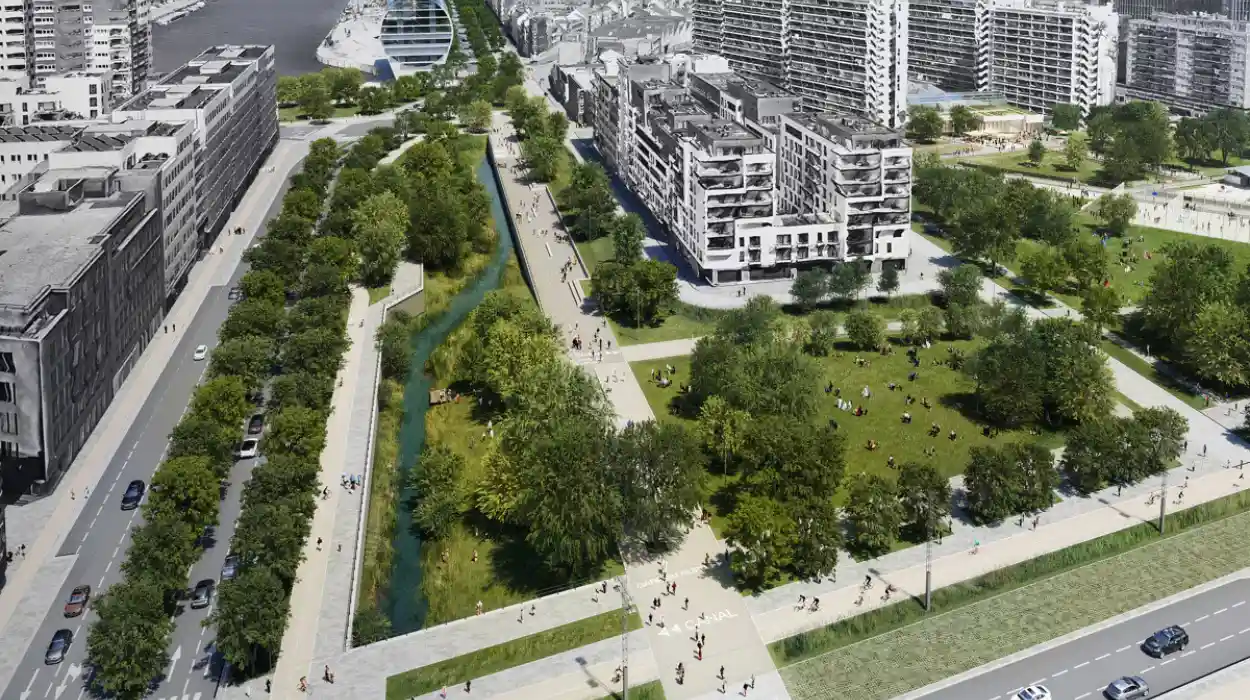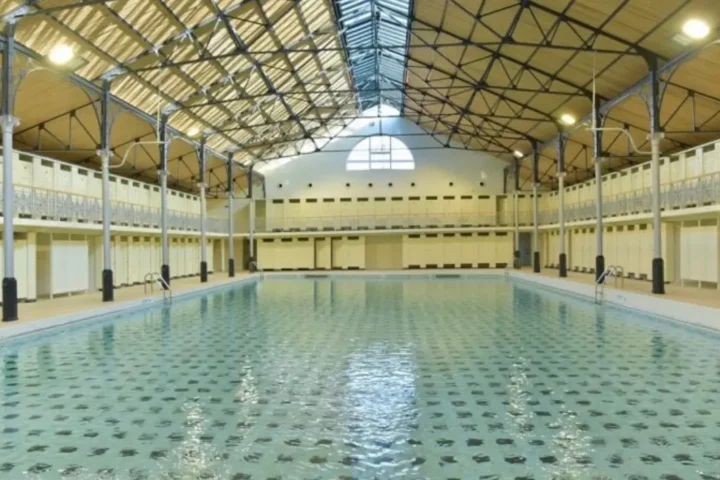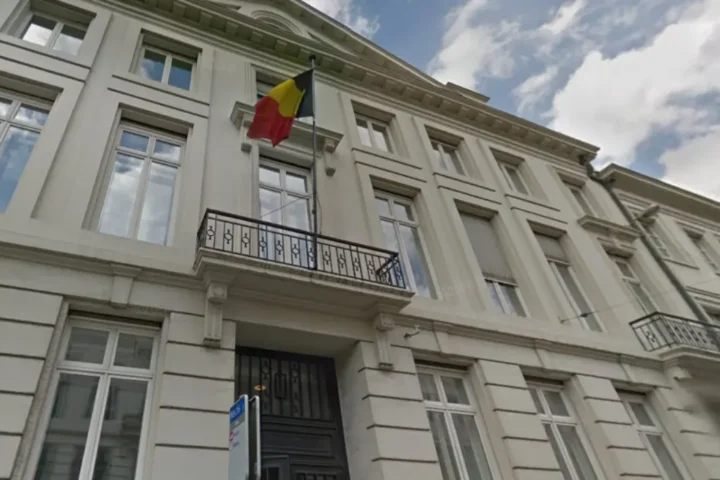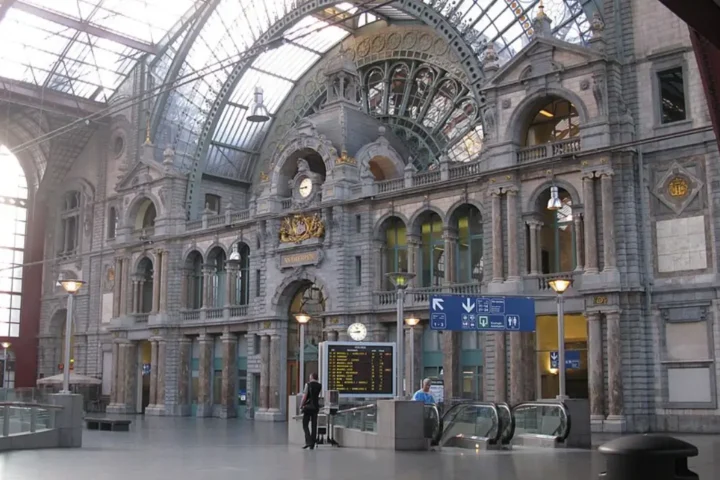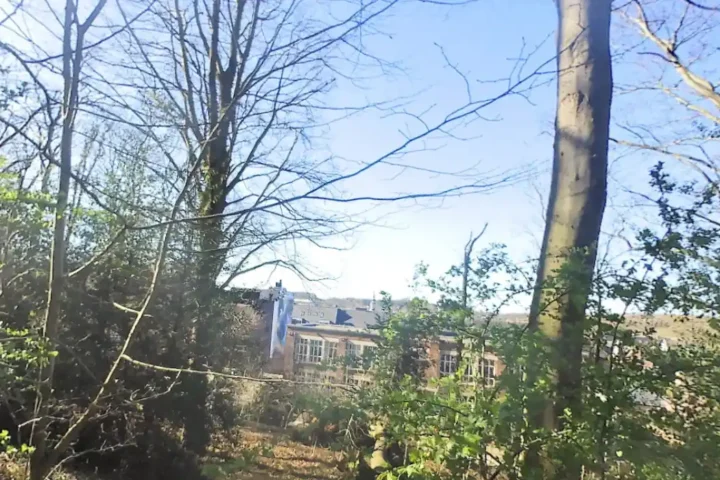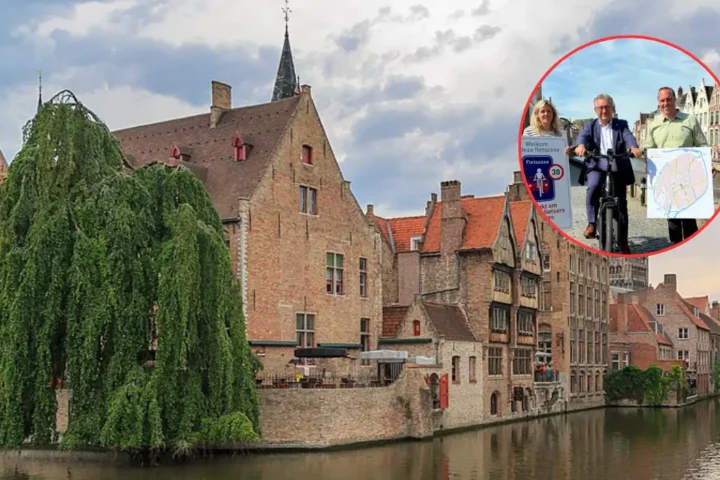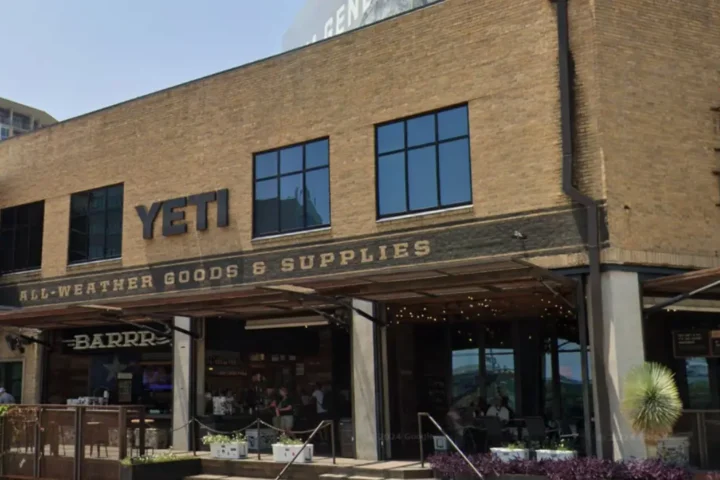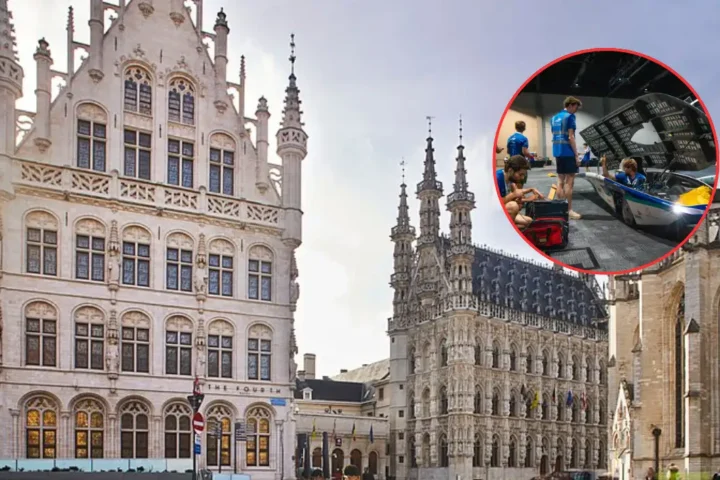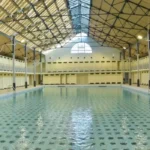Brussels Halts €37 Million Zenne River Project Due to Rising Costs
Brussels has suspended its €37 million Zenne River project in Maximilian Park, initially planned for 2025-2026, amid escalating costs. Environment Minister Alain Maron attributed the increase to inflation linked to the COVID-19 pandemic and the war in Ukraine, while Brussels MP Mathias Vanden Borre criticized government financial management, suggesting that the decision reflects deeper administrative issues, reports 24brussels.
VRT News reported that authorities deemed the project too financially burdensome to proceed. Maron stated that inflation has made the ongoing funding unfeasible, but Vanden Borre countered that the government is deflecting blame for its failures. He argued that better financial planning could have kept the project on track.
Vanden Borre emphasized the broader implications of the government’s decision, noting that the halting of the Zenne project indicates persistent financial troubles within the region. He highlighted a projected €1.5 billion deficit expected in 2025, criticizing the government for over-relying on external factors as an excuse for its shortcomings.
Government Response and Financial Context
Maron rebutted Vanden Borre’s claims, stating that the financial situation is not as dire as portrayed. He referenced the use of “provisional twelfths,” a budgeting strategy that permits the government to allocate one-twelfth of the previous year’s budget monthly. Maron claimed that this flexibility allows for potential project funding, suggesting that the Zenne project might not be definitively canceled.
Despite setbacks, Maron remained optimistic about the possibility of securing additional funding and emphasized the importance of political commitment and strategic budgeting to address crucial projects like the Zenne river reopening.
The Zenne River project aimed to reveal 650 meters of the river in Maximilian Park, enhancing the urban landscape and promoting climate-resilient infrastructure. Initially approved a year ago, the project sought to commence in 2025 and conclude by 2026. It was anticipated to mitigate heat and flooding risks while aligning with European sustainability goals, fostering a connection between the urban environment and nature.
